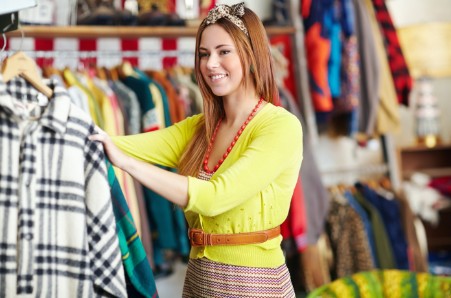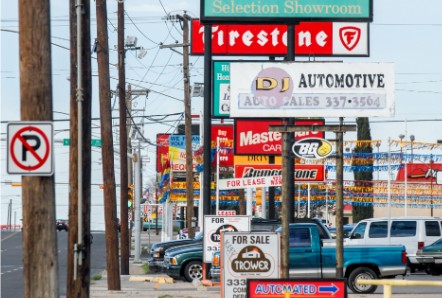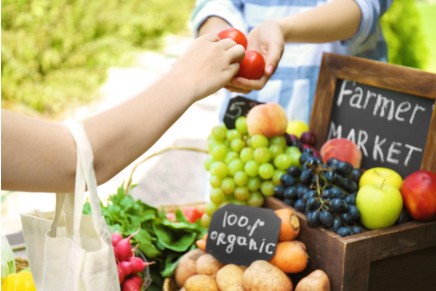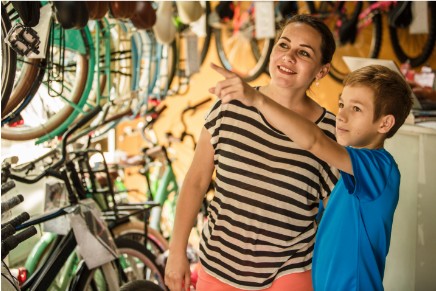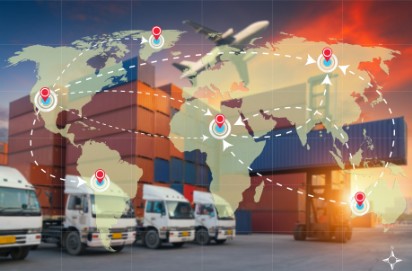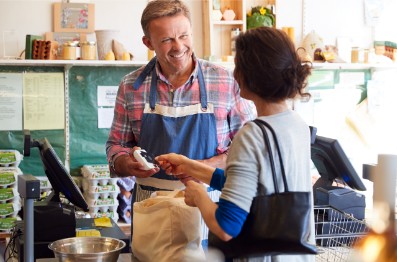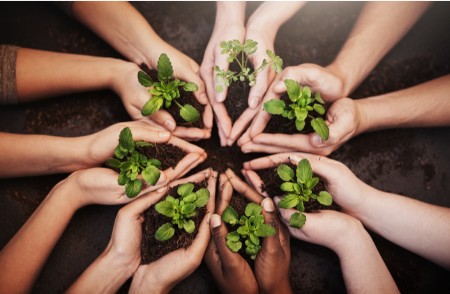What if we consumed what we really need?
Saturday 24 august 2024
In a world where overconsumption has become the norm, it is time to ask ourselves a fundamental question: do we really need everything we buy? This article explores this question in three parts: first, we will examine the difference between our real needs and the desires created by marketing; then, we will identify where to find essential products in an engaged economy; and finally, we will discuss how to consume responsibly, even when buying new, while minimizing our ecological footprint.
What we really need vs. What marketing sells us
Modern marketing has the power to transform our desires into perceived needs. According to a study by the communications agency WPP, the average consumer is exposed to approximately 5,000 advertisements per day. This saturation has a profound effect on our purchasing behavior, leading us to believe that we need goods that we did not even want before.
Maslow's hierarchy of needs, a well-known theory in psychology, classifies human needs into five levels: physiological needs, safety, belonging, self-esteem, and self-actualization. However, marketing tends to blur these lines, transforming luxury products or technological innovations into absolute necessities. For example, owning the latest smartphone model is often not a real need, but rather a desire fueled by a sense of status or the fear of missing out (FOMO).
In reality, our essential needs are much more modest: food, shelter, clothing, and maintaining our physical and mental health. By recognizing this, it becomes easier to resist advertising pressure and make consumption choices that are more aligned with our real needs.
Where to find my necessary products in a responsible economy
Once we have defined what we really need, the next question is where to find these products. The responsible economy offers a viable solution for those looking to consume responsibly. This form of economy favors companies that respect high social and environmental criteria.
The market for ethical and sustainable products is booming. According to a study by Agence Bio, the market for organic products in France reached 13.5 billion euros in 2022. Consumers can now find food, clothing, and even electronics that are built to last, ethically made, and often available locally.
Short supply chains, such as farmers' markets or food cooperatives, allow you to buy directly from local producers, reducing the carbon footprint of transportation while supporting the local economy. In addition, platforms such as Label Emmaüs or Back Market offer a second life to objects, allowing you to buy second-hand or refurbished products at an affordable price.
And if the solution is to turn to new, how can I do it while reducing my footprint as much as possible?
It is sometimes inevitable to have to buy new. However, it is possible to do so while minimizing your ecological footprint. The first step is to favor sustainable and ecological materials. For example, organic cotton, FSC-certified wood, or recycled materials are all responsible choices. According to the World Trade Organization, the fast fashion industry is responsible for 10% of global carbon emissions. Opting for sustainable textiles can therefore have a significant impact.
Next, it is crucial to find out about the working conditions of the people who make the products we buy. Certifications such as Fair Trade or B Corp guarantee that workers are paid fairly and work in decent conditions.
Finally, in terms of outsourcing, favouring products manufactured locally or in countries with strict environmental and social regulations can reduce the negative impact of our consumption. For example, buying products manufactured in Europe generally guarantees compliance with higher ecological standards than those manufactured in countries with less strict regulations.
By redefining our real needs, moving towards a responsible economy, and making informed decisions when purchasing new products, we can all contribute to a more sustainable lifestyle. Consuming responsibly does not mean giving up comfort or quality, but rather making more thoughtful choices that respect our planet and its inhabitants. So, the next time you are about to make a purchase, ask yourself this simple question:
do I really need it?
Return
